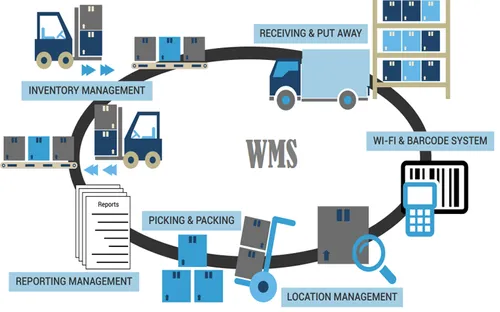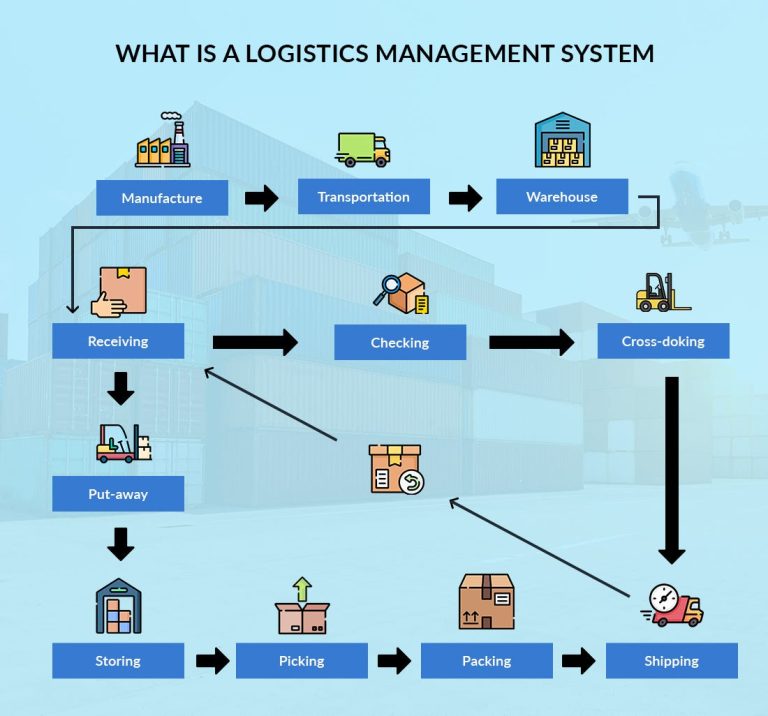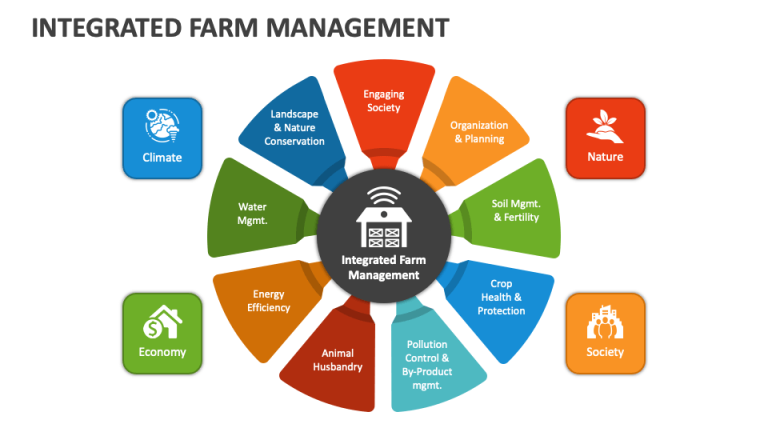Training Course on Project Management, Monitoring & Evaluation and Data Management & Analysis

About The Course
Course Description
This is a comprehensive Monitoring & Evaluation course that covers the principles and practices for results-based monitoring and evaluation for the entire project life cycle. This Training Course on Project Management, Monitoring & Evaluation and Data Management & Analysis offered by Phoenix Center for Policy, Research and Training equips participants with skills in setting up and implementing results-based monitoring and evaluation systems including M&E data management, analysis and reporting. The participants will benefit from the latest M&E thinking and practices including the results and participatory approaches.
This Training Course on Project Management, Monitoring & Evaluation and Data Management & Analysis offered by Phoenix Center for Policy, Research and Training is designed to enable the participants grow their expertise in monitoring and evaluating their development projects. The course covers all the key elements of a robust M&E system coupled with a practical project to illustrate the M&E concepts.
Course Objectives
Upon the successful completion of this Training Course on Project Management, Monitoring & Evaluation and Data Management & Analysis, participants will be able to:
- Understand and develop project results levels
- Design a project using logical framework
- Understand and develop indicators and targets for each result level
- Track performance indicators over the life of the project
- Monitor and evaluate a project against the set results
- Develop and implement M&E systems
- Develop a comprehensive monitoring and evaluation plan
- Appreciate the use of NVivo in Qualitative Data Analysis
- Appreciate the use of STATA in Quantitative Data Analysis
- Appreciate the use of mobile devices in data collection and collect data using mobile data collection tools
- Appreciate and understand the different approaches in impact evaluation
- Use GIS to map, analyze and share project data
Training Methodology
The course is designed to be highly interactive, challenging and stimulating. It will be an instructor led training and will be delivered using a blended learning approach comprising of presentations, discussions, guided sessions of practical exercise, case study review, web-based tutorials, group work, exploration of relevant issues collaborative strength training, performance measurement, and workshops of participants’ displays, all of which adhere to the highest standards of training. The training technique is built on learning by doing, with lecturers using a learner-centered approach to engage participants and provide tasks that allow them to apply what they’ve learned. Experiential knowledge is also given equal importance within the format of training. Our facilitators are seasoned industry professionals with years of expertise in their chosen fields. All facilitation and course materials will be offered in English.
Who Should Attend?
This Training Course on Project Management, Monitoring & Evaluation and Data Management & Analysis would be suitable for, but not limited to researchers, project staff, development practitioners, managers and decision makers who are responsible for project, program or organization-level M&E. The course aims to enhance the skills of professionals who need to research, supervise, manage, plan, implement, monitor and evaluate development projects.
Course Content
Module 1: Introduction to Results Based Project Management
- Fundamentals of Results Based Management
- Why is RBM important?
- Results Based Management vs Traditional Projects Management
- RBM Lifecycle (Seven Phases)
- Areas of focus of RBM
Module 2: Fundamentals of Monitoring and Evaluation
- Definition of Monitoring and Evaluation
- Importance of Monitoring and Evaluation
- Key principles and concepts in M&E
- M&E in project lifecycle
- Participatory M&E
Module 3: Project Analysis
- Situation Analysis
- Needs Assessment
- Strategy Analysis
Module 4: Design of Results in Monitoring and Evaluation
- Results Chain Approaches: Impact, Outcomes, Outputs and Activities
- Results framework
- M&E causal pathway
- Principles of planning, monitoring and evaluating for results
Module 5: M&E Indicators
- Indicators definition
- Indicator metrics
- Linking indicators to results
- Indicator matrix
- Tracking of indicators
Module 6: Logical Framework Approach
- LFA – Analysis and Planning phase
- Design of Logframe
- Risk rating in Logframe
- Horizontal and vertical logic in Logframe
- Using Logframe to create schedules: Activity and Budget schedules
- Using Logframe as a project management tool
Module 7: Theory of Change
- Overview of theory of change
- Developing theory of change
- Theory of Change vs Log Frame
- Case study: Theory of change
Module 8: M&E Systems
- What is an M&E System?
- Elements of M&E System
- Steps for developing Results based M&E System
Module 9: M&E Planning
- Importance of an M&E Plan
- Documenting M&E System in the M&E Plan
- Components of an M&E Plan-Monitoring, Evaluation, Data management, Reporting
- Using M&E Plan to implement M&E in a Project
- M&E plan vs Performance Management Plan (PMP)
Module 10: Baseline Survey in Results Based M&E
- Importance of baseline studies
- Process of conducting baseline studies
- Baseline study vs Evaluation
Module 11: Project Performance Evaluation
- Process and progress evaluations
- Evaluation research design
- Evaluation questions
- Evaluation report Dissemination
Module 12: M&E Data Management
- Different sources of M&E data
- Qualitative data collection methods
- Quantitative data collection methods
- Participatory methods of data collection
- Data Quality Assessment
Module 13: M&E Results Use and Dissemination
- Stakeholder’s information needs
- Use of M&E results to improve and strengthen projects
- Use of M&E Lessons learnt and Best Practices
- Organization knowledge champions
- M&E reporting format
- M&E results communication strategies
Module 14: Gender Perspective in M&E
- Importance of gender in M&E
- Integrating gender into program logic
- Setting gender sensitive indicators
- Collecting gender disaggregated data
- Analyzing M&E data from a gender perspective
- Appraisal of projects from a gender perspective
Module 15: Data Collection Tools and Techniques
- Sources of M&E data –primary and secondary
- Sampling during data collection
- Qualitative data collection methods
- Quantitative data collection methods
- Participatory data collection methods
- Introduction to data triangulation
Module 16: Data Quality Assurance
- What is data quality?
- Why data quality?
- Data quality standards
- Data flow and data quality
- Data Quality Assessments
- M&E system design for data quality
Module 17: ICT in Monitoring and Evaluation
- Mobile based data collection using ODK
- Data visualization - info graphics and dashboards
- Use of ICT tools for Real-time monitoring and evaluation
Module 18: Qualitative Data Analysis with NVivo
- Principles of qualitative data analysis
- Data preparation for qualitative analysis
- Linking and integrating multiple data sets in different forms
- Thematic analysis for qualitative data
- Content analysis for qualitative data
- Manipulation and analysis of data using NVivo
Module 19: Quantitative Data Analysis Using Stata
- Introduction to statistical concepts
- Creating variables and data entry
- Data reconstruction
- Variables manipulation
- Descriptive statistics
- Understanding data weighting
- Inferential statistics: hypothesis testing, T-test, ANOVA, regression analysis
Module 20: Impact Evaluation
- Introduction to impact evaluation
- Attribution in impact evaluation
- Estimation of counterfactual
- Impact evaluation methods: Double difference, Propensity score matching
Module 21: GIS in M&E
- Introduction to GIS in M&E
- GIS analysis and mapping techniques
- Data preparation for geospatial analysis
- Geospatial analysis using GIS software (QGIS)
Requirements
- Participants should be reasonably proficient in English.
- Applicants must live up to Phoenix Center for Policy, Research and Training admission criteria.
NOTE
- Discounts: Organizations sponsoring Four Participants will have the 5th attend Free
- What is catered for by the Course Fees: Fees cater for all requirements for the training – Learning materials, Lunches, Teas, Snacks and Certification. All participants will additionally cater for their travel and accommodation expenses, visa application, insurance, and other personal expenses.
- Certificate Awarded: Participants are awarded Certificates of Participation at the end of the training.
- The program content shown here is for guidance purposes only. Our continuous course improvement process may lead to changes in topics and course structure.
- Approval of Course: Our Programs are NITA Participating organizations can therefore claim reimbursement on fees paid in accordance with NITA Rules.
How to Book
Simply send an email to the Training Officer on training@phoenixtrainingcenter.com and we will send you a registration form. We advise you to book early to avoid missing a seat to this training.
Or call us on +254720272325 / +254737566961
Payment Options
We provide 3 payment options, choose one for your convenience, and kindly make payments at least 5 days before the Training start date to reserve your seat:
- Groups of 5 People and Above – Cheque Payments to: Phoenix Center for Policy, Research and Training Limited should be paid in advance, 5 days to the training.
- Invoice: We can send a bill directly to you or your company.
- Deposit directly into Bank Account (Account details provided upon request)
Cancellation Policy
- Payment for all courses includes a registration fee, which is non-refundable, and equals 15% of the total sum of the course fee.
- Participants may cancel attendance 14 days or more prior to the training commencement date.
- No refunds will be made 14 days or less before the training commencement date. However, participants who are unable to attend may opt to attend a similar training course at a later date or send a substitute participant provided the participation criteria have been met.
Tailor Made Courses
This training course can also be customized for your institution upon request for a minimum of 5 participants. You can have it conducted at our Training Centre or at a convenient location.
For further inquiries, please contact us on Tel: +254720272325 / +254737566961 or Email training@phoenixtrainingcenter.com
Accommodation
Accommodation is arranged upon request and at extra cost. For reservations contact the Training Officer on Email: training@phoenixtrainingcenter.com or on Tel: +254720272325 / +254737566961
Start To Learn
10 Days
Certificate
Course Duration
Course Price
Training Calendar
2024 Training Calendar | |||
Start Date | End Date | Location | Register |
| 15-Jul-2024 | 26-Jul-2024 | Nairobi | https://rb.gy/40cszf |
| 5-Aug-2024 | 16-Aug-2024 | Nairobi | https://rb.gy/40cszf |
| 26-Aug-2024 | 6-Sep-2024 | Nairobi | https://rb.gy/40cszf |
| 16-Sep-2024 | 27-Sep-2024 | Nairobi | https://rb.gy/40cszf |
| 7-Oct-2024 | 18-Oct-2024 | Nairobi | https://rb.gy/40cszf |
| 28-Oct-2024 | 8-Nov-2024 | Nairobi | https://rb.gy/40cszf |
| 18-Nov-2024 | 29-Nov-2024 | Nairobi | https://rb.gy/40cszf |
| 2-Dec-2024 | 13-Dec-2024 | Nairobi | https://rb.gy/40cszf |




